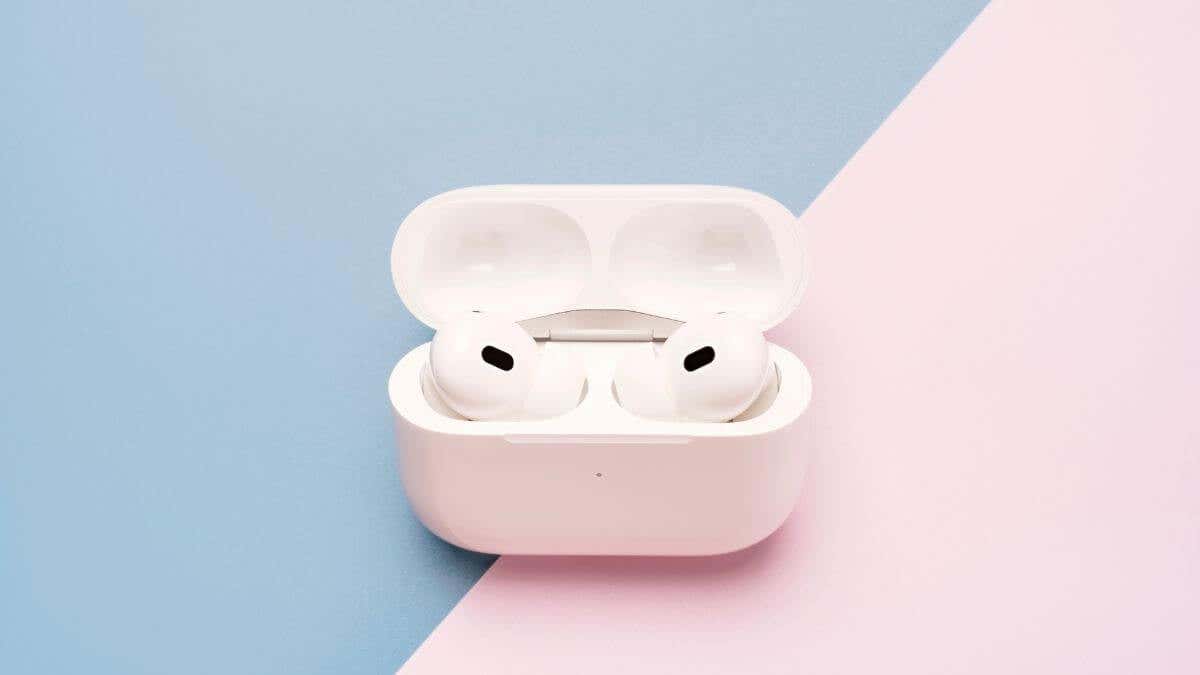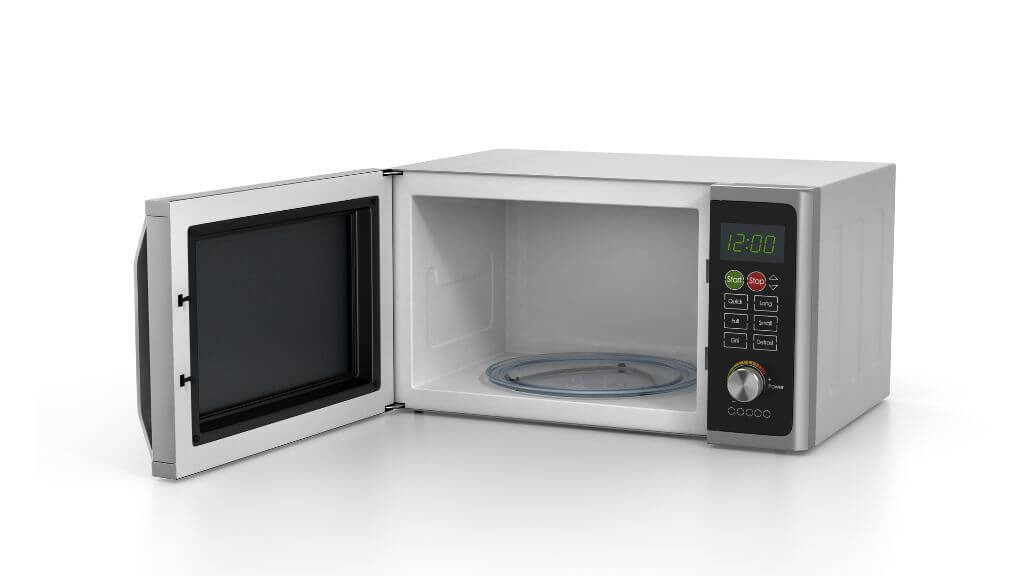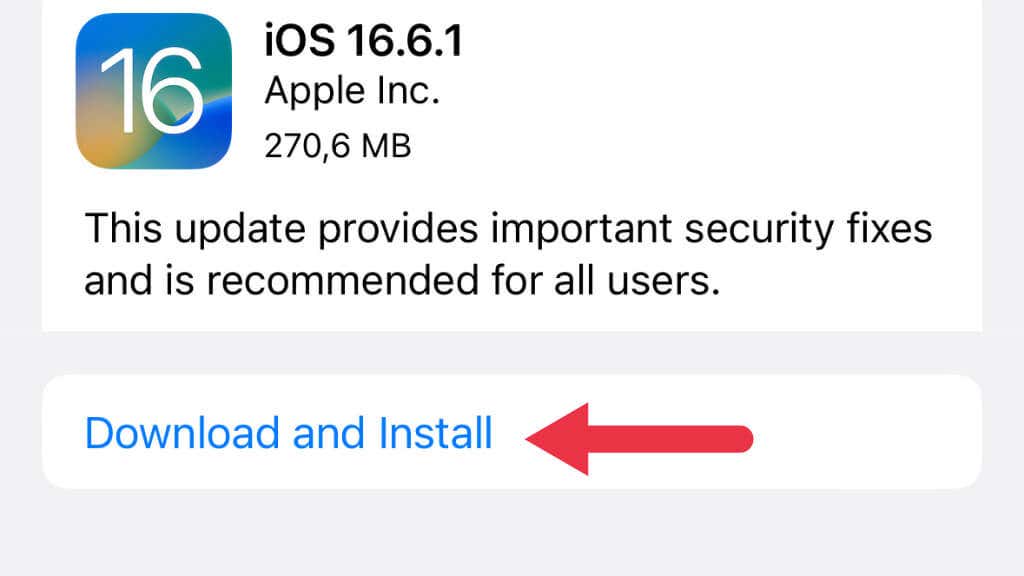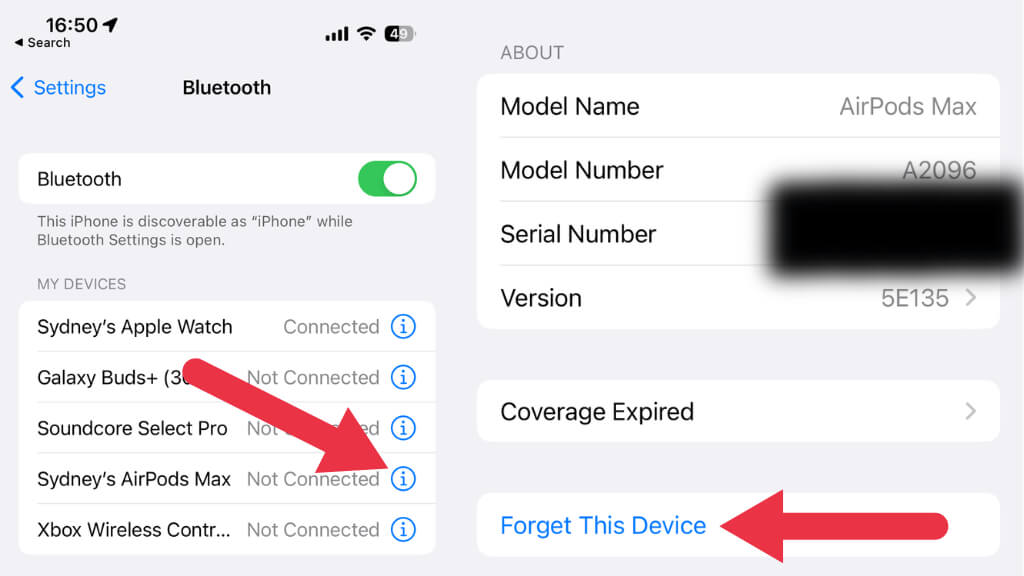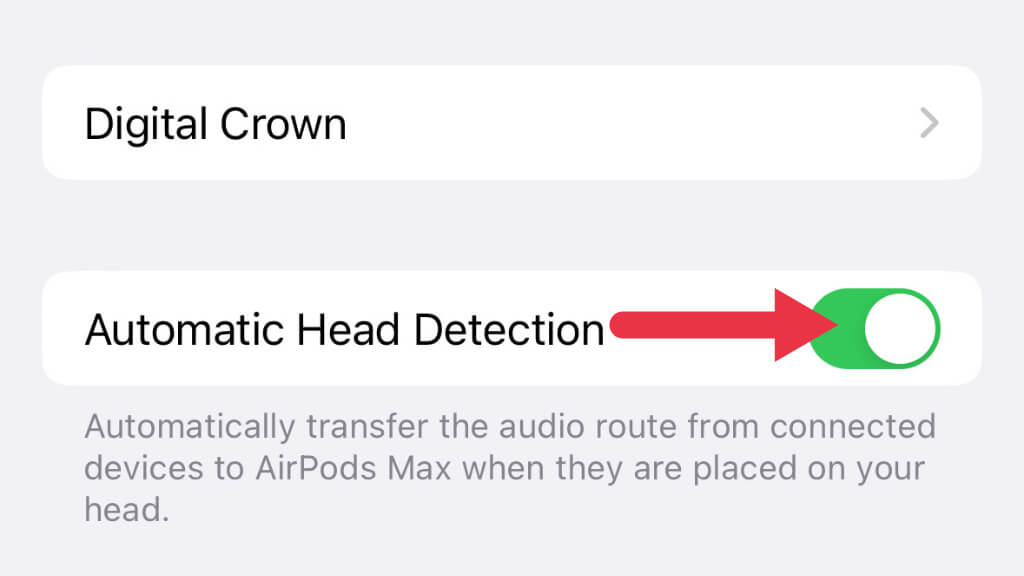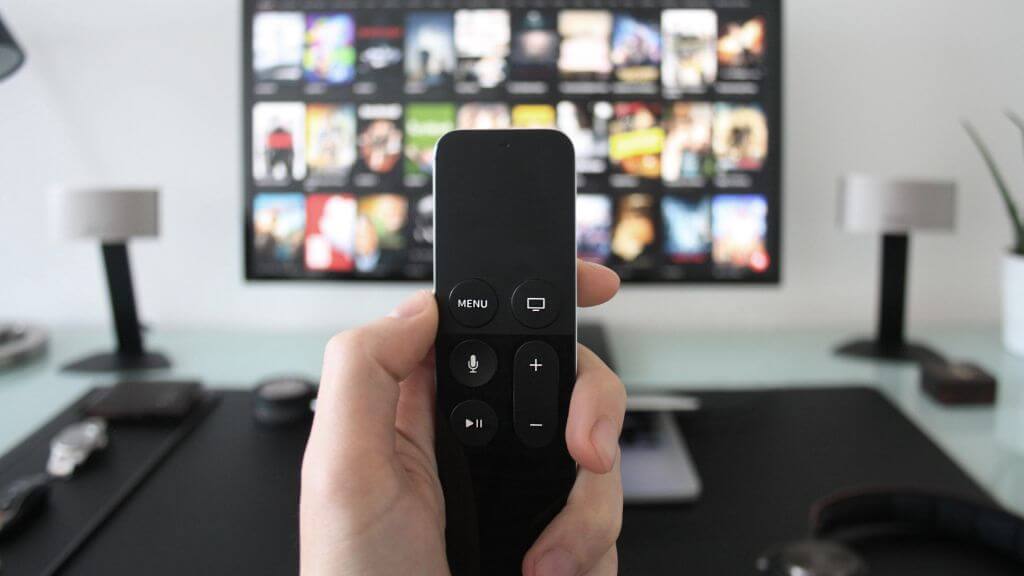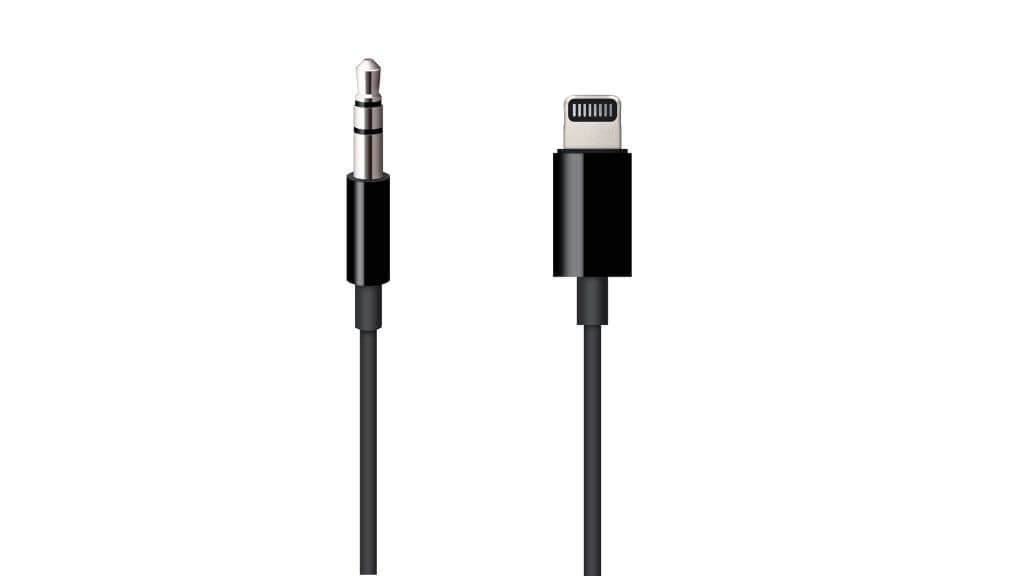Before taking it to the Genius Bar
Apple AirPods changed the game for portable audio. Whether you’re grinding out spreadsheets or grooving to your favorite tunes, they’re a fantastic audio companion. That is, until you get audio cutting out and find yourself stranded in a silent void. What’s going on?
You’re far from alone if your AirPods, Pro, or Max keep cutting out. Connectivity issues plague many gadgets; even the Apple holy grail isn’t spared. Before you throw them out the window or rush to Apple Support, there are a bunch of troubleshooting fixes you can try to get those earbuds back in action.
Why Do AirPods Cut Out?
It’s helpful to understand the reasons behind the interruptions to fix AirPods that keep disconnecting. Various factors could be contributing to this less-than-ideal experience.
Bluetooth Interference
The most common scapegoat for these snags is Bluetooth interference. Your AirPods use Bluetooth to communicate with your connected device—an iPhone, iPad, or Mac. However, they’re not the only gadgets in town. Everything from Wi-Fi routers to other Bluetooth devices like smartwatches or speakers can clog up the invisible data highway.
Even household items like microwave ovens are known to cause Bluetooth interference. So, if your AirPods keep cutting out, consider what other electronics are nearby.
Low Battery
Many people may overlook the most straightforward explanation: a low battery level.
If your AirPods run low on juice, their performance will suffer, often leading to disconnections. Always watch the battery life, easily accessible through your iOS device, to preempt any power-related disconnects.
Software Glitches
Your iOS device and the AirPods firmware must be up-to-date for optimal performance. An outdated firmware version can lead to compatibility issues, signal drops, and your AirPods cutting out. So before you rip your hair out, ensure everything runs on the latest version.
Hardware Defects
Even Apple’s manufacturing process could be better. Although rare, your AirPods might have a hardware defect affecting the Bluetooth connection or battery. If only one of the earbuds is cutting out or the charging case isn’t maintaining a charge, a hardware issue could be the culprit.
Audio Source Issues
The problem may sometimes lie with your AirPods. Sometimes, the audio source itself can be the reason for the disconnection. Streaming platforms might experience downtimes, or signal interference could affect the audio source, leading to your AirPods disconnecting.
Multi-Device Connectivity
One of the perks of AirPods is the ability to connect to multiple Apple devices simultaneously. However, this can sometimes backfire. Your AirPods may need help managing multiple connections, especially if you’re switching between them frequently. This can result in a shaky Bluetooth connection, causing your AirPods to cut out periodically. Or interruptions to your listening when the other devices wake up and start playing audio for some reason.
Now that we have a handle on the most common reasons your AirPods may be cutting out, let’s look at what you can do about it.
1. Check Battery Level and Charging Case
The first line of defense is checking the battery level. If your AirPods battery is dipping low, then performance dips as well. To check the battery level, open your AirPods case and look at the status light. If the light indicates low battery life, give those earbuds and the charging case a reasonable charge before using them again.
2. Update iOS and AirPods Firmware.
Outdated software could be what’s causing your AirPods to misbehave. Update your iOS device by navigating to Settings > General > Software Update.
AirPods firmware updates are more automatic. There’s nothing for you to do specifically, and you can’t force an update. All you have to do is have your AirPods on charge and within Bluetooth range of your iPhone, Mac, or iPad.
3. Forget and Reconnect AirPods Across All Apple Devices
If you still encounter issues after ensuring you have the latest iOS and AirPods firmware version, sever the Bluetooth connection between your AirPods and device and try again.
On an iPhone or iPad, go to Settings > Bluetooth and tap the ‘info icon‘ next to your AirPods.
Choose Forget This Device, and then reconnect your AirPods. To ensure a clean slate, you should do this on all Apple devices where the AirPods are paired. Then reconnect your AirPods and see if the issue is resolved.
4. Tinker With Automatic Ear or Head Detection Feature
Your AirPods have sensors that detect when you’ve got them in your ears (or on your head for the Max). When you remove them, your music or video will pause, and your headphones will go into low-power mode after a little while. If there’s some problem with head detection, you may get interruptions in your audio because your AirPods mistakenly think they’ve been removed.
If this is the case, toggle the Automatic Ear Detection feature off. Go to Settings > Bluetooth > Your AirPods > Info icon, and toggle the Automatic Ear or Head Detection off.
If the problem goes away, this was likely the issue. Toggle it on again to make sure the issue is resolved. If you can’t get ear or head detection to work correctly, you may have to get in touch with Apple support, since there may be something physically wrong with your buds or headset.
5. Reboot Connected Devices
Giving your connected device a reboot can clear any glitches or minor software bugs affecting your Bluetooth connection. So reboot your iPhone, iPad, or Mac, and try reconnecting your AirPods.
If you’re using a non-Apple device, such as an Android phone or a Smart TV, you should also reboot these. Sometimes it’s enough to simply toggle Bluetooth off and on again. For devices like Smart TVs, you may have to turn their power off at the wall and wait a minute before turning them on again.
6. Isolate Bluetooth Interference
Since other electronic devices can cause Bluetooth interference, try isolating your AirPods and your connected device from potential culprits like Wi-Fi routers, Bluetooth devices, or microwave ovens. The aim is to have a clear path for your Bluetooth connection.
If your dropouts stop when you switch these devices off or move away from them, you may have too much radio interference for your AirPods to work properly. These days this is quite unlikely, but you can’t rule it out as a possibility.
7. Evaluate the Audio Source
If you’ve ruled out issues with the AirPods, consider examining the audio source. Whether you’re streaming from Spotify or watching YouTube, the problem might lie in the platform you’re using. Testing your AirPods with different audio sources can help pinpoint the issue.
If you’re having issues with audio from your laptop, but they go away when using your phone, it’s probably something wrong with the laptop rather than something wrong with your AirPods. Of course, if you have alternative wireless Bluetooth headphones, you can check if they have issues with that device as well, since in some rare cases it might be the specific combination of AirPods and certain devices that cause issues.
8. Unpair From Other Devices
Having your AirPods connected to multiple devices can sometimes cause hiccups in the Bluetooth connection. Unpair your AirPods from devices you’re not actively using to ensure a more stable relationship with the device you are using.
9. Keep Tabs on the Bluetooth Range
Every Bluetooth device has its range limits. Ensure that your connected device is within the recommended range of your AirPods. Walls and other obstructions can drastically reduce the effective Bluetooth range.
10. Try a Wired Connection (AirPods Max)
If you own Apple’s AirPods Max headphones, you can buy the wired adapter and use it directly connected to a headphone jack.
You can easily find the cable on Amazon or Apple’s website. While this is not a final solution, it’s worth considering if you’re having issues because of radio interference or other troubles unaffected by a wired connection.
11. Consult Apple Support
When all else fails, it’s time to bring in the experts. Schedule an appointment with Apple Support to run diagnostic tests. This will help you identify if your AirPods have a hardware defect requiring professional attention.

